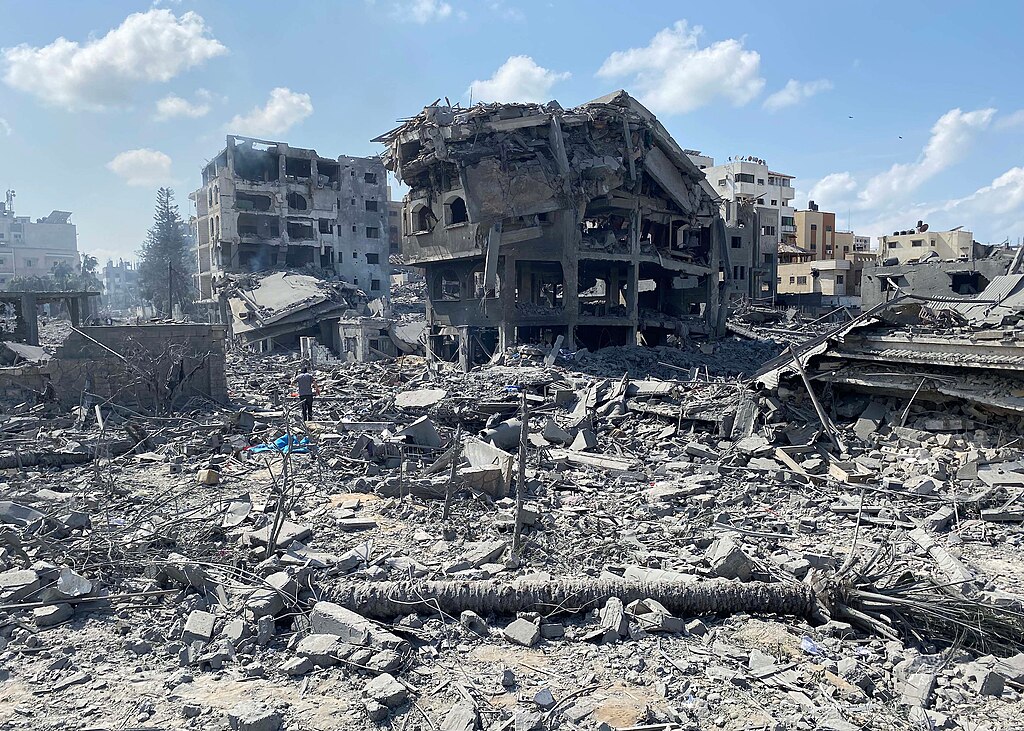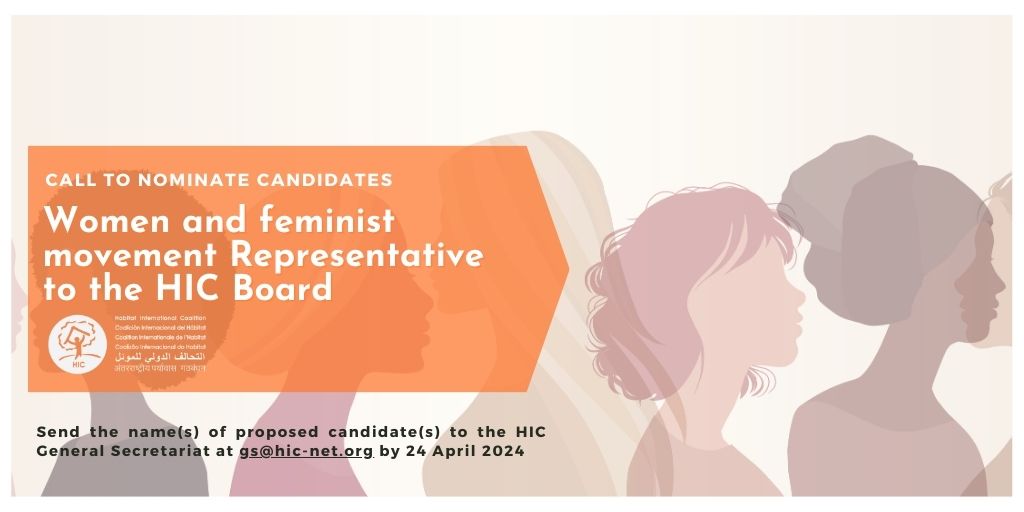“All human beings are born free and equal in dignity and rights.” The Universal Declaration of Human Rights (UDHR) enshrined this fundamental human rights principle 61 years ago today with its adoption by UN member states. Mindful of today’s various currents and trends affecting implementation of that principle, as civil actors around the globe, we reaffirm that “recognition of the inherent dignity and of the equal and inalienable rights of all members of the human family is the foundation of freedom, justice and peace in the world.”
The realization that we are all one is becoming clearer and more urgent in the light of a human-made (environmental) disaster that looms, even as States and civil society converge this week at Copenhagen to confront the epic challenge of climate change. However, impeding efforts toward a sustainable human civilization are the trends of racism, institutionalized discrimination, nepotism, corruption and cruel forms of wealth, land and resource accumulation by dispossession, that persist with impunity, and often, state complicity.
This was to be the year for states to review and evaluate implementation of their commitments of the 2001 Durban Declaration and Programme of Action. Instead, the lack of political will at that level has made it clear, once again, that realizing human rights—while the individual and collective obligation of States—remains a local task.
Individuals and communities across the world remain vulnerable to persistent discrimination that denies and violates their human right to adequate housing (HRAH) and related rights—including inter alia, the rights to land, food, water, health, and work—essential for sustenance and survival. Discrimination and its ideologies often euphemize market-driven economics, destructive projects, patriarchy, opportunistic investment, and inequitable urbanization, all of which combine to devastate communities and their environments. Discrimination and its rationale manifests in forced eviction of impoverished city dwellers, denial of access to vital natural resources for pastoral communities, usurping of land of farmers and peasants, failure to implement agrarian reform and invest in rural development, denial of women’s rights to housing, land, inheritance and property, displacement of indigenous peoples, further marginalization of minorities, systematic exclusion of communities on grounds of their descent and work, and the dispossession of people and nations under occupation and comparable forms of alien domination and violence.
Contemporary forms of discrimination have joined an array of historical factors that lead to violations of housing and land rights: exclusionary development paradigms; denial of security of tenure; lack of legal recognition of collective rights to land and other natural resources; declining public housing assistance; restricted access to credit; growth of land mafias and cartels; privatization of basic services; predatory and “sub-prime” lending; differentiated “nationality” vs. “citizenship” rights; barriers to effective participation; and a lack of effective legal protection against discrimination by private and public actors. A dominant “ethos of privatism” in economic life increasingly subjects access to adequate housing and land to income competition that generates new forms of discrimination, unacceptable particularly in light of the state’s obligation to respect, protect and fulfill the HRAH.
Discrimination threatens to combine with advancing climate change to result in greater displacement, endless urbanization and creation of apartheid cities, and more disasters, amid the advancing degradation of land, waters and atmosphere in every region.
In 1948, UDHR also acknowledged that “disregard and contempt for human rights have resulted in barbarous acts which have outraged the conscience of mankind.” It declared “the advent of a world in which human beings shall enjoy freedom of speech and belief and freedom from fear and want…as the highest aspiration of the common people.”
On this Human Rights Day, Habitat International Coalition (HIC) echoes the call for “equal rights of men and women and…to promote social progress and better standards of life in larger freedom.” Likewise, we also sound an alarm at the unrelenting pattern of housing and land rights violations that indicate rampant discrimination in every region, where the Durban commitments have been forgotten, and endlessly violated.


